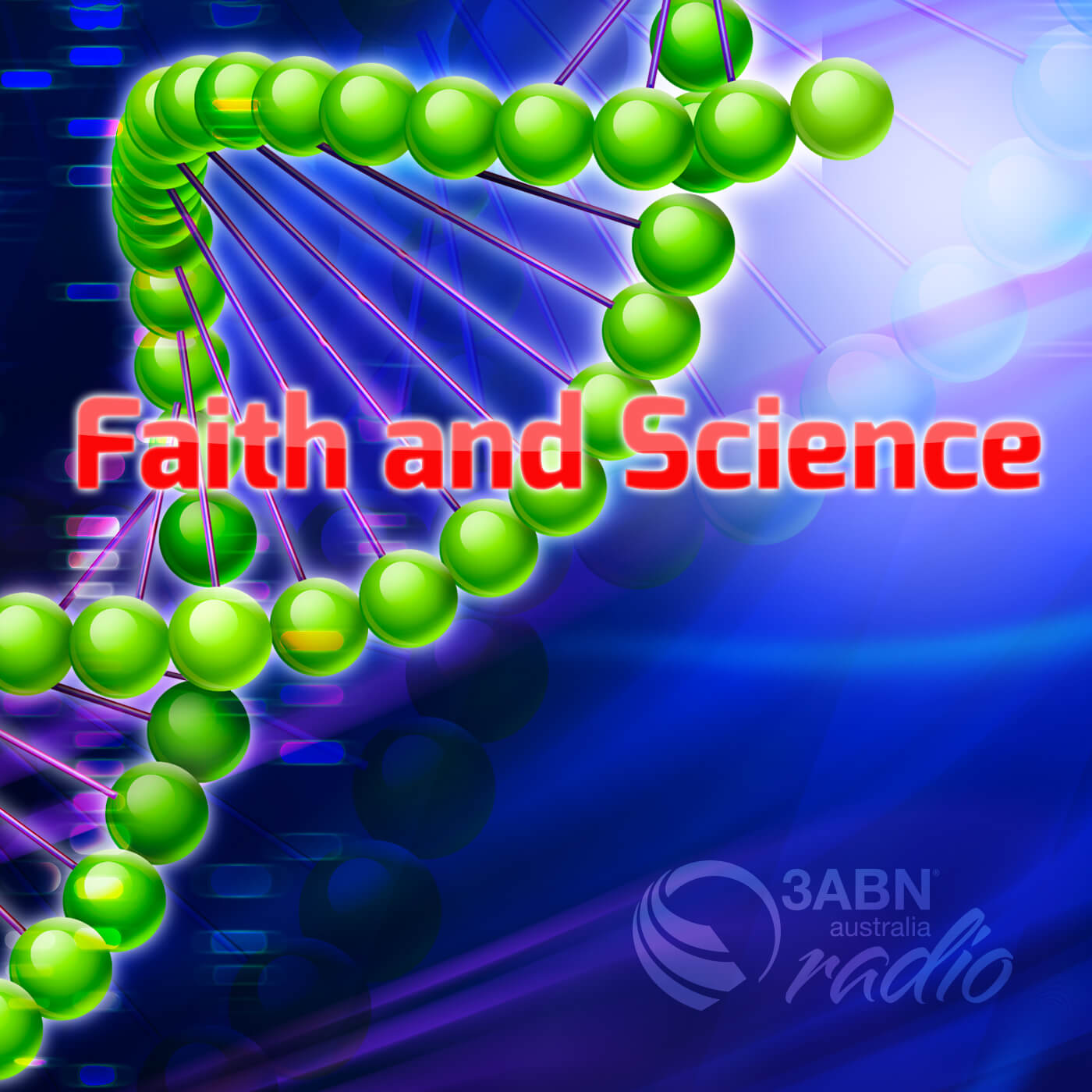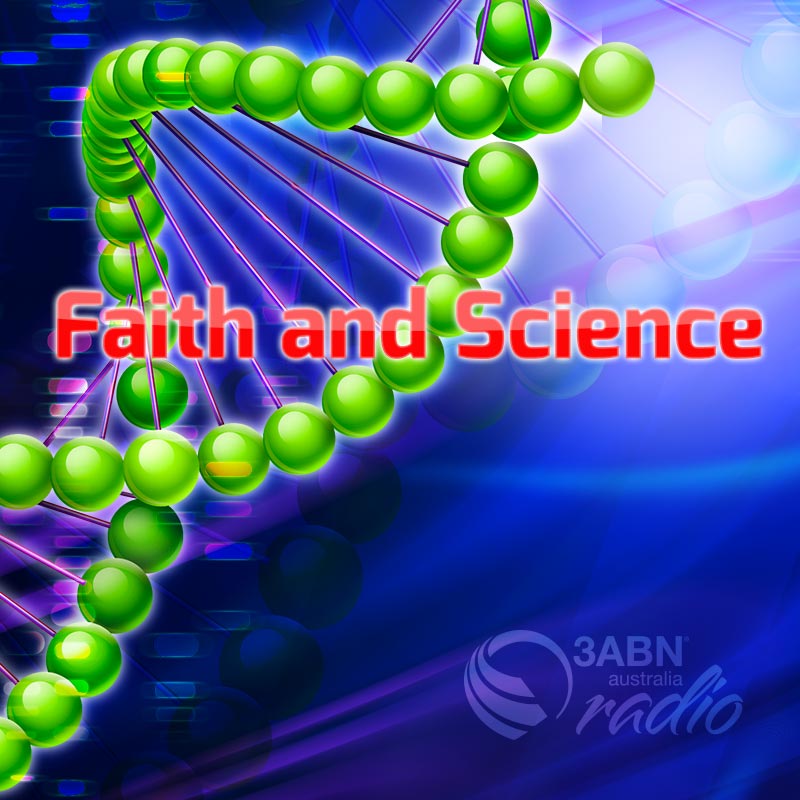Episode Transcript
Welcome to Faith and science. I'm Dr. John Ashton.
Recently, actually, in December 2024, a very interesting mathematics paper was published in the Franklin Open. It's volume nine and it was titled A Numerical Evaluation of the Finite Monkeys Theorem. And it was by Dr.
Stephen Woodcock and J. Folletta. They're researchers, mathematicians at the University of Technology in Sydney.
Now essentially these two mathematicians have challenged the old, the old sort of belief that if given an infinite amount of time, a monkey pressing keys on a typewriter would eventually write the complete works of William Shakespeare. Now, and this is known as the infinite monkey theorem and it's actually a thought experiment that's long been used to explain the principles of probability and randomness. However, this peer review study led by these Sydney based researchers found that the time it would take for a typing monkey to replicate Shakespeare's plays, sonnets and poems.
So his entire works, which are estimated to contain about 884,647 words. So just under a million words would be longer than the lifespan of the universe. In other words, there would never be enough time.
Our universe would die before then. And it's interested that the university potential maximum age of the universe is calculated to be 10 to the power 100 years. So that's 10 followed by a hundred zeros of years.
And so as well as looking at what would happen with a single monkey, the study also did a series of calculations based on the current global population of chimpanzees, just out of interest, which is estimated to be roughly 200,000 chimpanzees. And the results indicate that even if every chimpanzee in the world was enlisted and able to type at a pace of one key per second until the end of the universe, they would wouldn't even come close to typing out Shakespeare's works. Wouldn't even come close.
Matter of fact, one calculation I did, there would be a 5% chance, so that's a 1 in 20 chance that a single monkey, a single chimpanzee, would successfully type the word bananas in its own lifetime. Now, bananas only has four different letters in it, all right? And you've got seven letters altogether. And so a lifetime of typing at one letter per second, there'd only be a 5% chance that it would even type just one word that would have meaning and that would be the word bananas.
So, and they calculated that the probability of one chip constructing a random sentence such as I chimp, therefore I am, which is sort of mimicking what Rene Descartes said, I think, therefore I am. They said it comes in at the chance in 1 in 10 million billion. So that's the, you know, the probability of one chimp typing that sentence.
Now, this is, this is very, very interesting article. And so essentially we can see that, you know, less than a million words with somebody typing on a typewriter randomly wouldn't occur in the lifetime of the universe. Now, this is very interesting because life on Earth depends on a genetic code.
And that genetic code is extremely complex and it's made up of chemical letters. So these are chemical compounds that we abbreviate, AC and T for simplicity. And the combinations of those letters programme all the different types of life on Earth.
And so if we look at simple, you know, bacteria, you've got, you know, four and a half million letters there. And so that's probably equivalent to, you know, half a million words or so. So what it's saying is that the time it would take to type out, well, a monkey working at key sign typewriter, essentially wouldn't type out the code for a simple bacteria in the lifetime of the universe.
And so what this is saying is that the probability of these codes randomly forming by chance, particularly involving chemical reactions that don't naturally occur in nature, they need to occur in protected environments, such as already in or in already living systems, is absolutely impossible. And if people are interested in these calculations, some years ago I put out the book in six days why 50 scientists choose to believe in creation. And if you go onto the Creation Ministries website, which is creation.com
and you searched in there for in six days preface, the whole book will come up and on that particular page, there'll be a list of names down the side of the book. And one of those names will be John Marcus. Now, Dr.
John Marcus earned his PhD at Michigan State University, and he actually looks at and does the mathematical calculations that explains the probability of just some of the basic proteins arising by chance that are required. And you can see that the amount of that, the probability of some of these proteins arising is in the area that we class impossible 10 to the power 160 and so forth, which we can see is greater than the length of the age of the universe in years. And so essentially, this is powerful evidence now clearly published by these mathematicians, that evolution is absolutely impossible.
It's absolutely impossible for the codes to arise. And we're looking at just, you know, one simple code. When we look at the codes for, you know, things like mammals, things like complex grains and plants and this sort of thing, some of which have extremely complex codes, billions of letters in their codes.
And when we look at the huge variety and the number of different species and types and classes of animals that there are, and all with their different codes, it becomes very clear from the mathematics that evolution is absolutely impossible and couldn't have happened by chance. It's powerful evidence that these codes had to be designed just as Shakespeare had to have a mind to write his pace, just as we have to have minds to write language language and construct poems and so forth. And so this is very, very powerful evidence.
This paper that was published in December 2024 is very powerful evidence mathematically that refutes the theory of evolution occurring. And remember, if you want to listen to more of these programmes, just google 3abnaustralia.org.au and click on the radio button and these programmes of faith and science will come up.
And there's over 250 different programmes that deal with different aspects and arguments that provide powerful evidence for the existence of our creator God. And if you find these programmes interesting, I'd like to encourage you to mention these links and mention these programmes to your friends. Put links up on the social media so more people can discover the powerful evidence that we have that life on Earth must have been created by a super intelligent being.
And we have overwhelming evidence that the Bible gives us an accurate account of the history of our planet and man's relationship with that creator God and that creator God's plan to give us eternal life. I'm Dr. John Ashton.
Have a great day.


